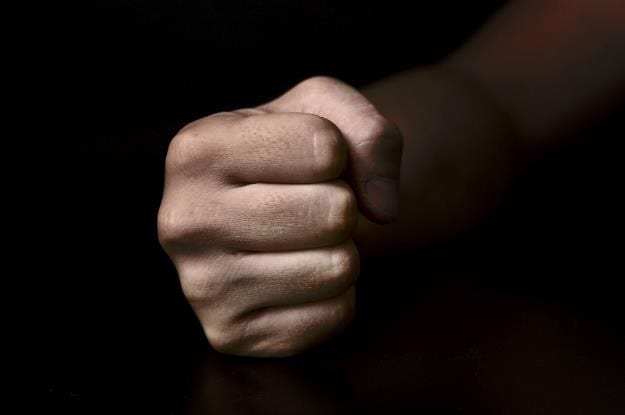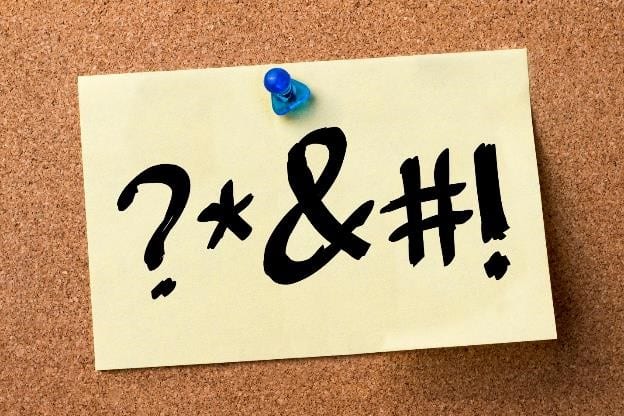
Under Minnesota law, several situations are considered disorderly conduct. Here are the definitions and explanations of how you can be charged with disorderly conduct in Minnesota.
Minnesota Disorderly Conduct: Common Types and Legal Definition
To start, let’s look at the most common types of Minnesota disorderly conduct:
- Disturbing a meeting or assembly in an unlawful manner
- Fighting or brawling
- Using obscene, offensive, or abusive language
- Acting with obscene, offensive, abusive, noisy, or boisterous conduct

Disorderly conduct must reasonably cause others to be alarmed, angry, or resentful. Additionally, the person engaged in disorderly conduct must have reasonable knowledge that their actions will likely cause alarm or anger to others, or will breach the peace or provoke assault. Disorderly conduct can occur in either public or private places, including school buses.
An exception to the law is that while a person experiences an epileptic seizure, they cannot be charged with disorderly conduct. Also take note that public intoxication is not considered a crime in Minnesota. It could potentially lead to a disorderly conduct charge, but by itself it is not a criminal act.
Other charges, like public disturbance or riot and unlawful assembly, are similar to disorderly conduct but more specific in details such as location and number of people involved.
Disorderly Conduct Penalties
For first-time offenders with no criminal history, jail time is unlikely for a disorderly conduct charge. A first-time offender will likely be required to pay a fine and offer community service. Almost everyone convicted of disorderly conduct will undergo probation for 24 to 48 months, and they must not commit any similar offenses during that time.
If any alcohol or drugs were involved at the time the charges were filed, random urine testing may be ordered during probation, and a prohibition against those substances may also be ordered by the judge. If probation is violated, jail time may be enforced even if it was originally suspended.
Caregivers and Disorderly Conduct

Caregivers are given stronger penalties for disorderly conduct. A caregiver is defined as a facility or individual who is responsible to care for a vulnerable adult, either by agreement or contract.
The vulnerable adult is anyone over the age of 18 years who:
- Resides as a facility inpatient.
- Receives services at a facility licensed to serve adults.
- Receives services from a licensed in-home care provider.
- Receives services from an individual or organization that provides personal care assistance under the medical assistance program.
- Possesses an infirmity or dysfunction which impairs their ability to provide their own care without assistance, and due to the infirmity or dysfunction, has an impaired ability to protect themselves against abuse.
Minnesota law makes disorderly conduct a misdemeanor offense. This charge carries a fine of up to $1,000.00, up to 90 days in jail, or both. Caregivers face fines of up to $3,000.00 and up to one year in jail.
Problems with Disorderly Conduct in Minnesota and How to Fight Charges
The charge of disorderly conduct is common in our state. It is often used in conjunction with other charges such as domestic assault and alcohol-related charges. The laws are broad, which mean that a loud argument in the street or a noisy private party may be subject to disorderly conduct charges. Since the laws are so broad, your criminal defense lawyer will often rely on witness accounts and testimony to disprove the prosecution’s charges.
The prosecution must be able to prove that you had reason to know that your behavior would alarm, upset, anger, or disturb others, or provoke violence for you to be convicted of disorderly conduct. The context of the act must be taken into consideration as well. For example, yelling profanity in a restaurant will likely cause the charges to apply. However, doing the same thing in a loud bar may not warrant the charge.
Some people have tried to say that Minnesota law is so vague on this issue that it infringes upon the rights guaranteed by the First Amendment to the United States Constitution. In general, Minnesota courts have not accepted this as a valid defense.
When the disorderly conduct charge is used in conjunction with another more serious charge, such as domestic assault, the prosecution may offer to drop the more serious charge if you are willing to plead guilty to the charge of disorderly conduct. Another situation is when the initial charge is something like assault, but you agree to plead guilty to an amended charge of disorderly conduct. This practice of pleading down is common in Minnesota courts.
If you are facing charges of disorderly conduct in Minnesota, it’s wise to contact a criminal defense attorney. They will help you build the strongest possible defense based on the unique details of your case, and may be able to help you get your charges reduced or dismissed. Contact an experienced Minnesota criminal lawyer today for a free consultation.
About the Author:
Christopher Keyser is a Minneapolis-based criminal and DWI defense attorney known for fighting aggressively for his clients and utilizing innovative tactics to get the most positive results. He has been featured in numerous media outlets due to the breadth and depth of his knowledge, and recognized as a Minnesota Super Lawyers Rising Star (2014–2015), a Top 100 Trial Lawyer (2013–2015), and a Top 40 Under 40 Attorney (2013–2015).





